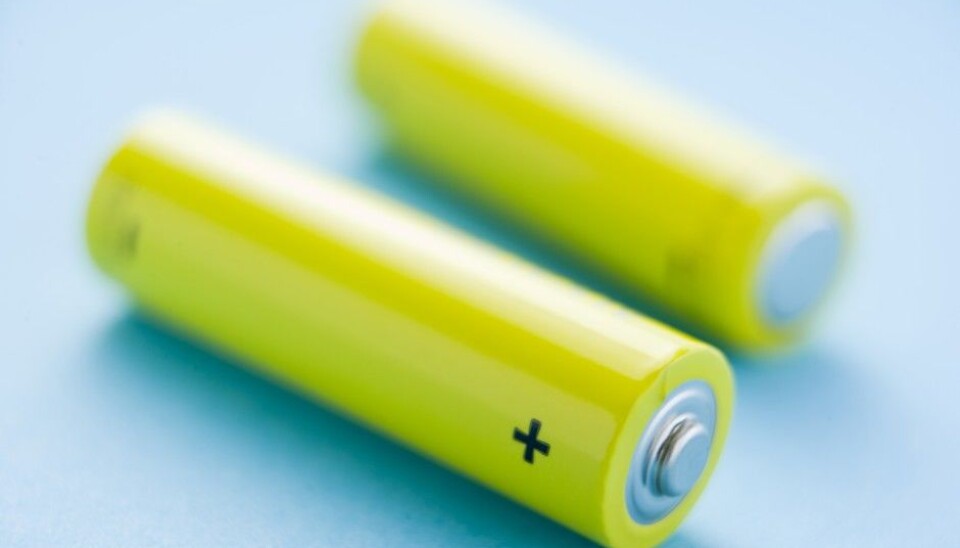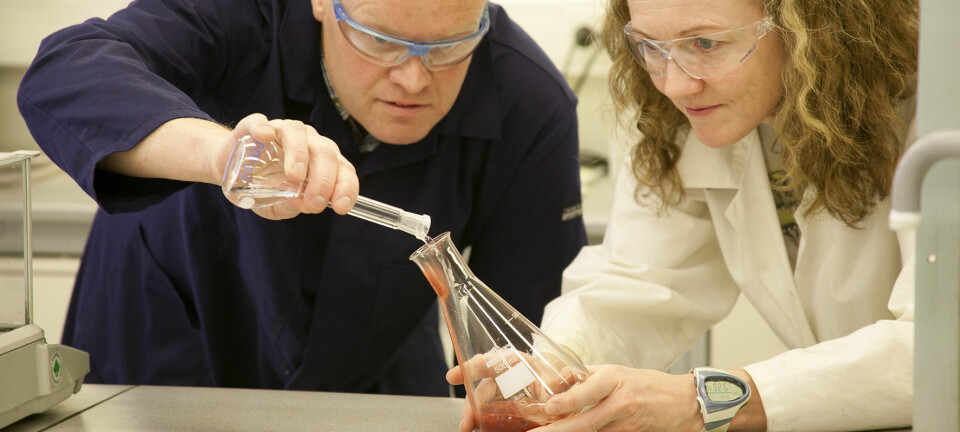
The future's batteries could be plastic
Battery technologies are continually improving, but some researchers are going on beyond metal oxides in favour of plastic.
We have all sorts of batteries - from teeny weeny ones in hearing aids that weigh less than a gram to emergency power supply batteries weighing over a tonne. We have batteries that can only be used once before being discarded and ones that can be recharged.
The lightest metal, with an atomic number of 3, is lithium. Rechargeable lithium-ion batteries have become ubiquitous in mobile phones, laptops and electric vehicles (EVs). They are considered to be an improvement on nickel-cadmium and lead batteries, but they still use a metal oxide, which are metal elements that have formed compounds with oxygen.
Conductive redox polymers
Metals including lithium are extracted from rock, clays and brines in various mining processes that require loads of energy, play havoc with the local environment and cause pollution.
Lithium-ion batteries cannot currently be recycled in a cost-effective way.
In his doctoral thesis, Christoffer Karlsson, a PhD student at Uppsala University in Sweden, has studied and tested a new class of organic materials that could solve the inherent problems of today’s batteries. These are conductive redox polymers – a type of electrically conductive plastic.
Karlsson is defending his dissertation this week, and a press release from Uppsala University says he thinks these plastics have a great potential for development and use in future batteries.
Clear advantages
The many unique properties of conductive polymers have led to a number of different uses for these materials. Metallic conductivity, which can be regulated, is perhaps their most important property. Another tantalizing factor is the possibility of manufacturing them cheaply at low temperatures.
The Swede thinks new batteries can be produced from renewable sources using environmentally friendly methods, in sharp contrast to today’s batteries, made from inorganic materials.
“They have potential as electrode materials in future environmentally friendly batteries, and it would be possible to make organic batteries purely from polymers,” says Christoffer Karlsson.
-----------
Read the Norwegian version of this article at forskning.no
Translated by: Glenn Ostling









